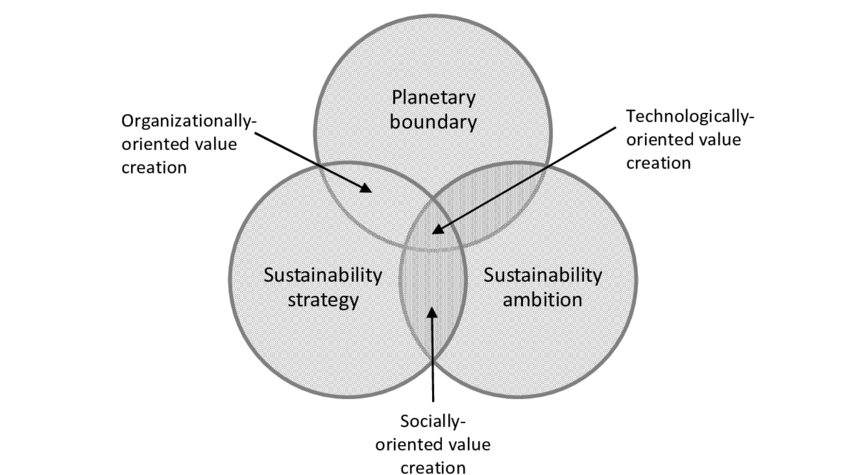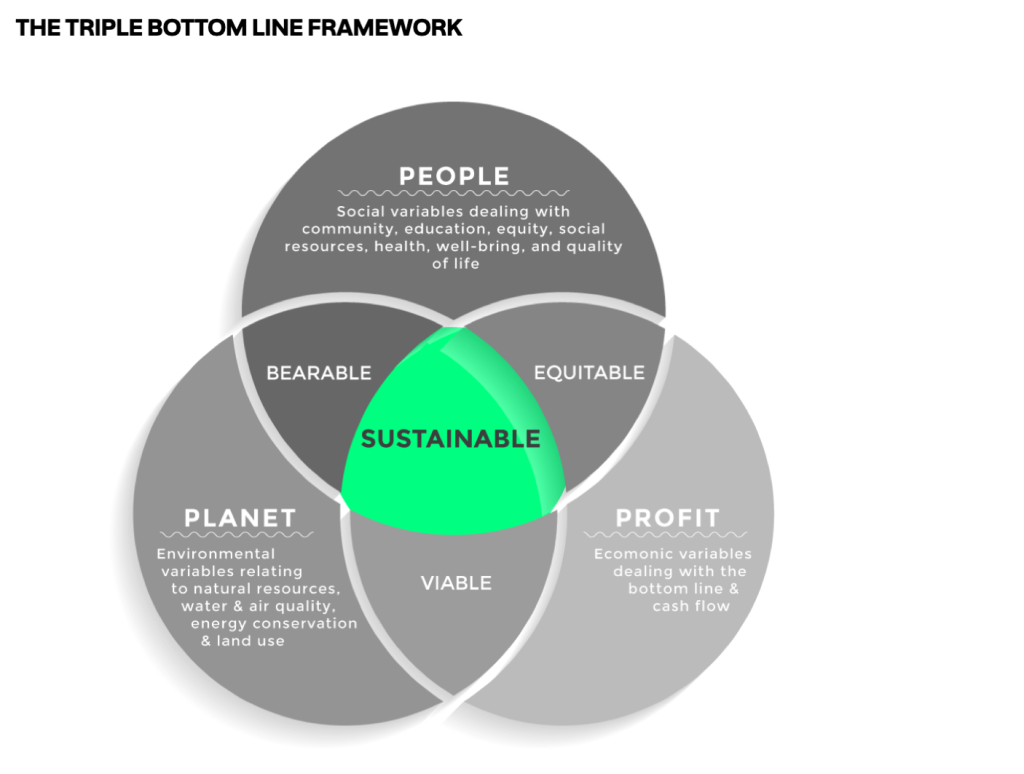In a time when social responsibility and environmental issues are top priorities, sustainable startups or businesses are starting to shine brightly in the business sector. These creative businesses have a mission to bring about positive change for the globe and its people, in addition to being profit-driven. Let’s investigate the world of environmentally conscious entrepreneurs and how important they are to creating a more sustainable future.
Comprehending Sustainable Startups
Alternatively referred to as Sustainability Startups, sustainable startups are companies that place equal emphasis on social and environmental sustainability as well as revenue. Through creative business strategies and solutions, they want to address urgent global issues like resource depletion, social inequity, and climate change.

The Importance of Sustainability
Sustainability is becoming more than just a catchphrase; companies need to succeed in the contemporary business environment. The growing awareness among consumers regarding the environmental and social consequences of their purchases is propelling the market for sustainable goods and services. Sustainable startups pitch themselves as morally and responsibly-minded alternatives to conventional enterprises, acknowledging this shift in consumer behaviour.
Crucial Attention Points for Sustainable Startups
Renewable Energy Solutions
To offer clean and sustainable alternatives to fossil fuels, startups in this industry are utilizing renewable energy sources like solar, wind, and hydroelectric power.
Initiatives for a Circular Economy
By creating goods that are long-lasting, repairable, and recyclable, these entrepreneurs are promoting the shift to a circular economy while reducing waste and optimizing resource efficiency.
Sustainable Food and Agricultural Systems
In this sector, startups are creating cutting-edge farming techniques like regenerative agriculture and vertical farming to increase food security and lessen the environmental effects of food production.
Ethical Fashion and Consumer Goods
The goals of these firms are to lessen the environmental impact of the fashion and consumer goods industries, use sustainable materials, and support fair labour standards.
Explore More Breaking Barriers: African Startups Defining Entrepreneurship
Opportunities and Challenges
Although sustainable companies have a great deal of promise for good, they also confront a lot of obstacles. These consist of scaling operations, managing regulatory frameworks, and obtaining capital. Sustainable businesses do, however, also have a lot of room to expand and succeed given the rising need for sustainable solutions and the growing backing of investors and customers.
The Function of Investors and Consumers
Customers are a major factor in sustainability startups’ success. Customers can drive demand for socially and ecologically conscious goods and services by endorsing ethical and sustainable brands. In a similar vein, investors are essential in helping sustainable companies grow and make the most of their influence by contributing capital and resources.
In summary
To sum up, sustainable startups are leading the way in a worldwide movement that aims to create a future that is both equitable and sustainable. These entrepreneurs are not only fostering innovation but also clearing the path for a more wealthy and resilient society by giving social and environmental sustainability top priority in their business models. It is impossible to overestimate the influence that sustainability startups will have on the direction of business and society as long as investors and consumers continue to place a high value on sustainability.

FAQs
How Do Eco-Friendly Startups Assess and Monitor Their Environmental Effects?
To quantify and monitor their environmental impact, sustainability startups frequently use techniques and technologies including environmental management systems, carbon footprint analysis, and life cycle evaluations. These metrics assist companies in pinpointing areas for development and proving to stakeholders that they are committed to sustainability.
What Part Do Partnerships and Collaborations Play in Sustainable Startup Success?
For sustainability startups to take advantage of complementary skills, enter new markets, and increase their influence, they must form alliances and collaborations with other companies, non-profits, governmental organizations, and educational institutions. Stakeholders can intensify their efforts and promote systemic change in the direction of sustainability by banding together.
How Are Ethical Sourcing and Supply Chain Transparency Guaranteed by Sustainable Startups?
Transparency and ethical sourcing are given top priority by sustainable companies in their supply chains. They frequently build trusting relationships with their suppliers, carry out routine audits, and put traceability mechanisms in place to make sure that their goods and services adhere to strict social and environmental standards.
What Part Do Incentives and Regulatory Policies Play in Helping Sustainable Startups?
The success of sustainable companies can be greatly impacted by incentives and regulations. Governments can create rules and guidelines that encourage environmental and social responsibility across industries, as well as offer grants, tax breaks, and financial incentives for sustainable projects.
How Do Sustainable Startups Promote Social Impact and Interact with Local Communities?
Sustainable entrepreneurs understand the value of promoting social impact and interacting with local communities. To make sure that their operations benefit society, they could sponsor local initiatives, invest in community development projects, and give preference to recruiting members of underrepresented or disadvantaged groups.
What are the methods by which sustainable startups tackle obstacles associated with obtaining sustainable materials and technologies?
Due to their limited availability or greater cost as compared to traditional options, sustainability startups sometimes encounter difficulties obtaining sustainable materials and technologies. To get past these obstacles, companies should work with suppliers to create cutting-edge materials, make R&D investments, or look into alternate sourcing strategies to guarantee the sustainability of their goods or services.
Which Approaches Do Sustainability Startups Take to Instruct and Involve Customers in Sustainable Behaviors?
Sustainable entrepreneurs understand that encouraging consumer involvement and education is crucial to the success of sustainable operations. They may use interactive platforms, marketing efforts, and educational programs to educate people about sustainability challenges and provide them with the tools they need to make wise decisions. Additionally, to promote sustainable behaviour among their clientele, companies could provide incentives, prizes, or instructional materials.









